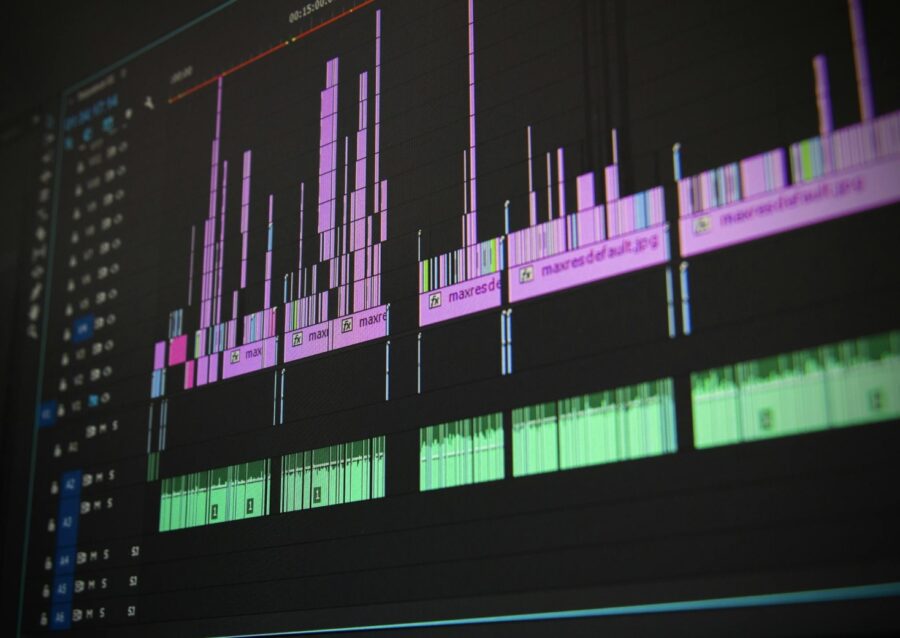In an unprecedented move, the Russian Republic of Chechnya has announced plans to ban music that does not conform to a specific tempo range measured in beats per minute (BPM). The government, led by dictator Ramzan Kadyrov, aims to enforce a tempo restriction of 80 to 116 BPM on all musical, vocal, and choreographic works. This means that any music deemed too fast or too slow will no longer be allowed within the region.
The new regulation has sparked concerns among artists and music enthusiasts, particularly those involved in electronic music, as a significant portion of their repertoire could face banning unless modified within the coming weeks. According to The Moscow Times, artists have been given until June 1st, 2024, to rework any compositions that fail to comply with the prescribed BPM range, or risk their music being excluded from public performances.
Officially, the Chechen government claims that the objective behind this controversial measure is to ensure that musical and dance productions align with the “Chechen mentality” and maintain a sense of rhythm that reflects the cultural heritage of the Chechen people. They argue that this will safeguard and pass on the country’s rich artistic legacy to future generations.
Critics, however, view this move as an unnecessary and restrictive control over artistic expression. Many argue that music should be a form of personal and creative freedom, unrestricted by arbitrary tempo regulations. Furthermore, the ban may stifle the growth and diversity of the local music scene, preventing artists from exploring innovative sounds and styles.
As the deadline approaches, musicians in Chechnya must now grapple with the challenge of modifying their compositions to meet the mandated tempo requirements. The impact of this tempo ban on the vibrant music culture of the region remains to be seen, as artists and listeners alike grapple with the implications of this controversial decision.





















